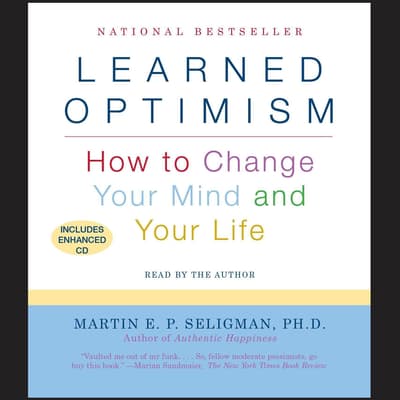

Compare that with the response of the same group of individuals considering the future of the economic situation in their home country. From the end of 1995 to the middle of 2015, around 60% of people predict that their job situation will remain the same, while 20% expect their situation to improve. This optimism persists even when people are presented with the relevant statistics.Ĭonsider the following graphs from the European Union's Eurobarometer surveys they report people's expectations about their own personal job situation and of the economic situation in their home country. Another example is asking smokers to estimate their chances of getting cancer and again, most would underestimate their risk. Yet today roughly 40% of marriages in the UK end in divorce. If you were to ask newlywed couples to estimate the probability they will divorce in the future, they would likely reject the possibility outright. That is, we tend to be optimistic rather than realistic when considering our individual future. Tali Sharot, associate professor of psychology at UCL, has popularised the idea of an innate optimism bias built into the human brain. It is a peculiar empirical phenomenon that while people tend to be optimistic about their own future, they can at the same time be deeply pessimistic about the future of their nation or the world. On this page we look at data and research on optimism and pessimism, and how this is influenced by context and social circumstances. Understanding optimism and pessimism is important: to tackle the big problems that the world faces, we need founded optimism that things can improve.

Why are we so pessimistic about our collective past, and our future? Yet many of us are unaware of this progress, and – especially this in richer countries – often have a negative view on how the world has changed.

Child mortality is a fraction of what it was fewer people die from disease, conflict and famine we live longer and healthier lives and most children get the opportunity to go to school and receive an education. One of the most important points that emerges from the historical data that we cover is that the world is much better than it was in the past. At Our World in Data we focus on the world’s biggest problems: to understand what they are and how we tackle them.


 0 kommentar(er)
0 kommentar(er)
